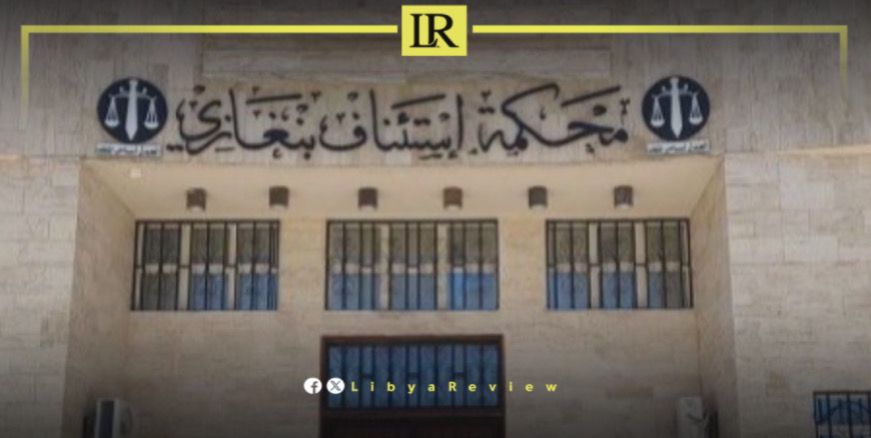The Second Administrative Division of the Benghazi Appeal Court has issued a verdict on the appeal lodged by the appointed Libyan Prime Minister, Osama Hammad, acting in his capacity as Minister of Planning and Finance. The appeal contested the decision of the Government of National Unity’s (GNU) cabinet. 828 of 2023 concerning the authorisation to open temporary financial credits, resulting in the court’s expedited decision to halt the execution of the challenged decree.
The government’s media office stated that this judicial decision joins a series of similar rulings by the Libyan judiciary aimed at halting the misuse of public funds by the outgoing government in Tripoli and stripping its decisions due to legislative violations.
The ruling implies that any payments based on this decision are null and void, and it mandates the Central Bank of Libya (CBL) to refrain from executing any payment orders issued by the expired government based on the now-halted decree.
Libya has been in chaos since a NATO-backed uprising toppled longtime leader Muammar Gaddafi in 2011. The county has for years been split between rival administrations.
Libya’s economy, heavily reliant on oil, has suffered due to the ongoing conflict. The instability has led to fluctuations in oil production and prices, impacting the global oil market and Libya’s economy.
The conflict has led to a significant humanitarian crisis in Libya, with thousands of people killed, and many more displaced. Migrants and refugees using Libya as a transit point to Europe have also faced dire conditions.
The planned elections for December 2021 were delayed due to disagreements over election laws and the eligibility of certain candidates. This delay has raised concerns about the feasibility of a peaceful political transition.
Despite the ceasefire, security remains a significant concern with sporadic fighting and the presence of mercenaries and foreign fighters. The unification of the military and the removal of foreign forces are crucial challenges.


